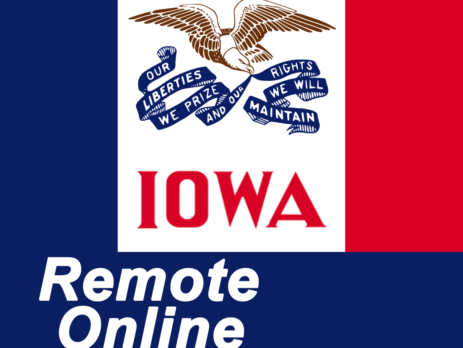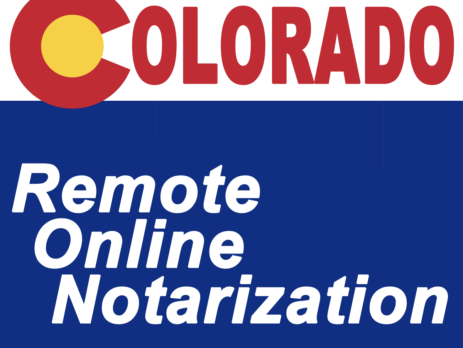Iowa Remote Online Notarization
Iowa has accelerated their Remote Online Notarization (RON) to accommodate for the COVID-19 Coronavirus pandemic. Iowa notaries can now register here to be able to offer this service: https://sos.iowa.gov/covid19/remotenotarization/form.aspx The following vendors have been authorized to provide this service: DocVerify LenderClose SIGNiX You must reach out to one of these vendors prior to applying. DocVerify: $100 setup fee, $480 annual fee, $100 digital certificate fee, and a per transaction fee LenderClose: No published fees. SIGNiX: No setup fee, $250 annual fee, free digital certificate, $10 transaction fee, $5 for each additional seal (same transaction, $60 max) Here is the text of the guidance provided by the Iowa Secretary of State's Office: In-Person Notarization Requirement Waiver Guidance Beginning March 22nd, Governor Reynolds declared that the in-person requirement for...







